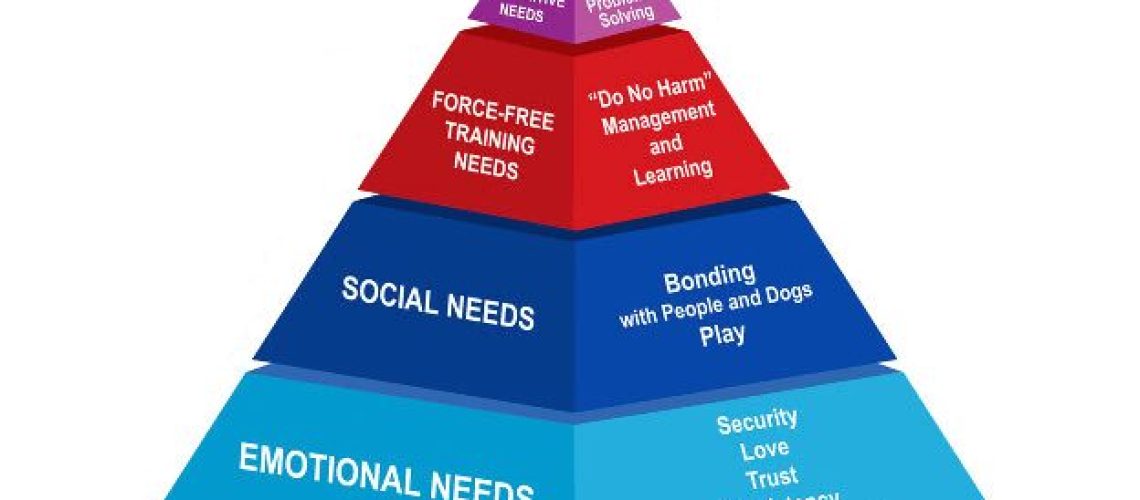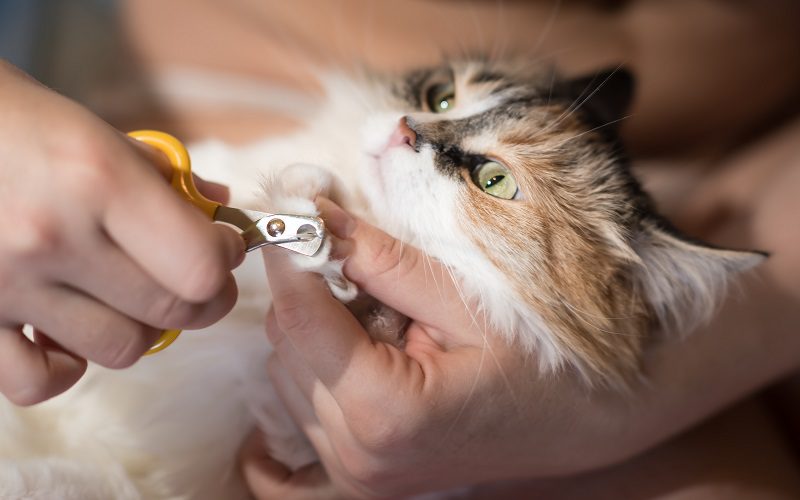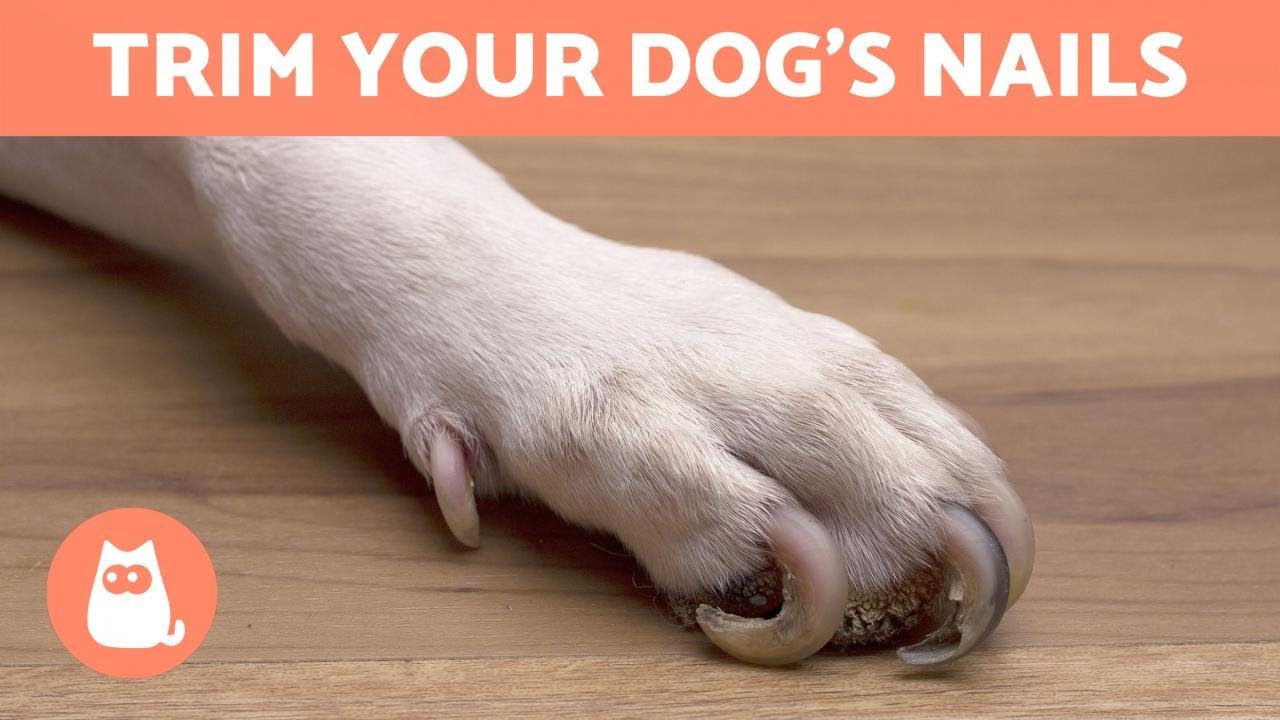In this guide, we will explore the essential aspects of caring for your dog's basic needs. From feeding and exercise to grooming and health, discover simple yet effective ways to ensure your furry friend is happy and healthy.
Key Takeaways:
- Provide a balanced and nutritious diet to meet your dog's specific dietary needs.
- Regular exercise is essential for maintaining your dog's physical and mental well-being.
- Maintain proper grooming practices, including regular bathing, brushing, and nail trimming.
- Ensure your dog has access to clean water at all times to stay hydrated.
- Regular veterinary care, including vaccinations and check-ups, is crucial for your dog's overall health and prevention of diseases.
The Basic Needs of a Dog
Dogs, just like humans, have certain basic needs that must be met to ensure they are happy and healthy. These needs include proper nutrition, shelter, exercise, grooming, and regular veterinary care.
Proper nutrition is essential for your dog's overall health. Dogs need a balanced diet that includes proteins, carbohydrates, fats, vitamins, and minerals. It's important to feed your dog high-quality commercial dog food or a homemade diet recommended by a veterinarian. Avoid feeding them human food as it can be harmful to their health.
Shelter is another basic need for dogs. They need a safe and comfortable place to rest and sleep. Whether you choose an indoor crate or an outdoor doghouse, make sure it provides protection from the elements and is large enough for your dog to move around comfortably.
Nutrition:
- Provide a balanced diet with proteins, carbohydrates, fats, vitamins, and minerals
- Feed high-quality commercial dog food or a veterinarian-recommended homemade diet
- Avoid feeding them human food as it can be harmful
Shelter:
- Choose a safe and comfortable place for your dog to rest and sleep
- An indoor crate or outdoor doghouse should provide protection from the elements
- Ensure the shelter is large enough for your dog to move around comfortably
Feeding Your Dog: How Often and What to Give
The frequency of feeding your dog depends on their age, size, and breed. Puppies require more frequent meals compared to adult dogs. As a general guideline, puppies should be fed three to four times a day until they are six months old. Adult dogs can be fed once or twice a day.
When it comes to what to give your dog, commercial dog food is a convenient and nutritionally balanced option. Look for dog food that meets the Association of American Feed Control Officials (AAFCO) standards. These standards ensure that the food provides all the necessary nutrients for your dog's health.
Feeding Frequency:
- Puppies should be fed three to four times a day until they are six months old
- Adult dogs can be fed once or twice a day
Choosing Dog Food:
- Opt for commercial dog food that meets AAFCO standards
- This ensures the food provides all necessary nutrients for your dog's health
The Importance of Fresh Water for Your Dog
Water is essential for your dog's overall well-being. Dogs need access to fresh, clean water at all times. They should have their water bowl refilled daily and more frequently during hot weather or after exercise.
Fresh water helps regulate body temperature, aids digestion, and prevents dehydration. Dehydration can lead to serious health issues in dogs, so it's crucial to provide them with enough water throughout the day.
Tips for Providing Fresh Water:
- Ensure your dog has access to fresh, clean water at all times
- Refill their water bowl daily and more frequently during hot weather or after exercise
Choosing the Right Shelter for Your Dog
Your dog needs a safe and comfortable shelter where they can rest and seek refuge from extreme weather conditions. The type of shelter you choose depends on whether your dog primarily stays indoors or outdoors.
If your dog stays indoors, providing a crate or a designated area with a comfortable bed is essential. The crate should be large enough for your dog to stand up, turn around, and lie down comfortably. Make sure the area is free from hazards and provides a sense of security for your dog.
If your dog stays outdoors, an insulated doghouse is necessary to protect them from rain, wind, and extreme temperatures. The doghouse should have proper ventilation and be raised off the ground to prevent moisture buildup. Additionally, provide bedding such as straw or blankets to keep your dog warm during colder months.
Indoor Shelter:
- Provide a crate or designated area with a comfortable bed
- The crate should be large enough for your dog to stand up, turn around, and lie down comfortably
- Ensure the area is free from hazards and provides a sense of security
Outdoor Shelter:
- Choose an insulated doghouse that protects from rain, wind, and extreme temperatures
- The doghouse should have proper ventilation and be raised off the ground
- Provide bedding such as straw or blankets for warmth during colder months
The Benefits of Exercise for Your Dog
Regular exercise is vital for keeping your dog physically healthy and mentally stimulated. Dogs need daily exercise to burn off energy, maintain a healthy weight, and prevent behavioral problems caused by boredom.
The amount of exercise needed depends on your dog's breed, age, size, and overall health. As a general guideline, dogs should have at least 30 minutes to two hours of exercise each day. This can include walks, playtime in the backyard or park, swimming sessions if they enjoy water activities, or interactive games like fetch.
Benefits of Exercise:
- Helps dogs burn off energy and maintain a healthy weight
- Prevents behavioral problems caused by boredom
Exercise Guidelines:
- Dogs should have at least 30 minutes to two hours of exercise each day
- This can include walks, playtime, swimming, or interactive games
Grooming Tips for Keeping Your Dog Healthy
Grooming plays a crucial role in keeping your dog's coat and skin healthy. Regular grooming helps remove dirt, debris, and loose hair while promoting good hygiene. The frequency of grooming depends on your dog's breed and coat type.
Brushing your dog's coat regularly helps prevent matting and keeps their skin clean. It also allows you to check for any signs of fleas, ticks, or skin issues. Additionally, regular nail trims are important to prevent overgrowth and discomfort.
Bathing is necessary but should be done sparingly to avoid drying out your dog's skin. Use a mild dog shampoo and rinse thoroughly to remove all the soap residue. After bathing, make sure to dry your dog thoroughly to prevent them from getting chilled.
Grooming Frequency:
- The frequency of grooming depends on your dog's breed and coat type
- Regular brushing helps prevent matting and keeps the skin clean
- Nail trims should be done regularly to prevent overgrowth
- Bathing should be done sparingly with a mild dog shampoo
The Importance of Vaccinations and Vet Check-ups
Vaccinations and regular veterinary check-ups are essential for maintaining your dog's health and preventing the spread of diseases. Vaccinations protect dogs from various illnesses, including rabies, distemper, parvovirus, and hepatitis.
Your veterinarian will create a vaccination schedule based on your dog's age, lifestyle, and risk factors. It's important to follow this schedule to ensure your dog is adequately protected. Additionally, regular check-ups allow the vet to monitor your dog's overall health, detect any potential issues early on, and provide necessary treatments or preventive measures.
Importance of Vaccinations:
- Vaccinations protect dogs from various illnesses
- Follow your veterinarian's vaccination schedule for adequate protection
Regular Vet Check-ups:
- Regular check-ups allow the vet to monitor your dog's overall health
- Early detection of potential issues leads to timely treatment or preventive measures
Recognizing Signs of Illness in Your Dog
As a responsible pet owner, it's crucial to be able to recognize signs that indicate your dog might be unwell. Some common signs of illness in dogs include loss of appetite, lethargy, vomiting or diarrhea, excessive thirst or urination, coughing or sneezing, changes in behavior or mood, and unusual lumps or bumps.
If you notice any of these signs in your dog, it's important to consult with a veterinarian as soon as possible. Early detection and treatment can prevent the progression of illnesses and improve the chances of a full recovery for your furry friend.
Common Signs of Illness:
- Loss of appetite
- Lethargy
- Vomiting or diarrhea
- Excessive thirst or urination
- Coughing or sneezing
- Changes in behavior or mood
- Unusual lumps or bumps
Mental Stimulation and Entertainment for Your Dog
Dogs need mental stimulation and entertainment to prevent boredom, which can lead to destructive behaviors. There are various ways you can provide mental stimulation for your dog.
Interactive toys such as puzzle toys or treat-dispensing toys can keep your dog engaged and mentally stimulated. These toys require problem-solving skills to access treats or rewards, keeping their minds active. You can also engage in training sessions with your dog, teaching them new tricks or commands.
In addition to toys and training, regular playtime and socialization with other dogs are essential for your dog's mental well-being. It provides them with an outlet for their energy and helps build their social skills.
Mental Stimulation Tips:
- Provide interactive toys like puzzle toys or treat-dispensing toys
- Engage in training sessions to teach new tricks or commands
- Regular playtime and socialization with other dogs
| Conclusion: Caring for Your Dog's Basic Needs | |
|
Taking care of your dog's basic needs is essential for their overall well-being and happiness. By providing them with proper nutrition, regular exercise, grooming, and affection, you can ensure that they lead a healthy and fulfilling life. Remember to always consult with your veterinarian for personalized advice on diet, exercise routines, and any specific care requirements your dog may have. So go ahead and be the best pet parent you can be - your furry friend will thank you with endless love and loyalty! |
|

















